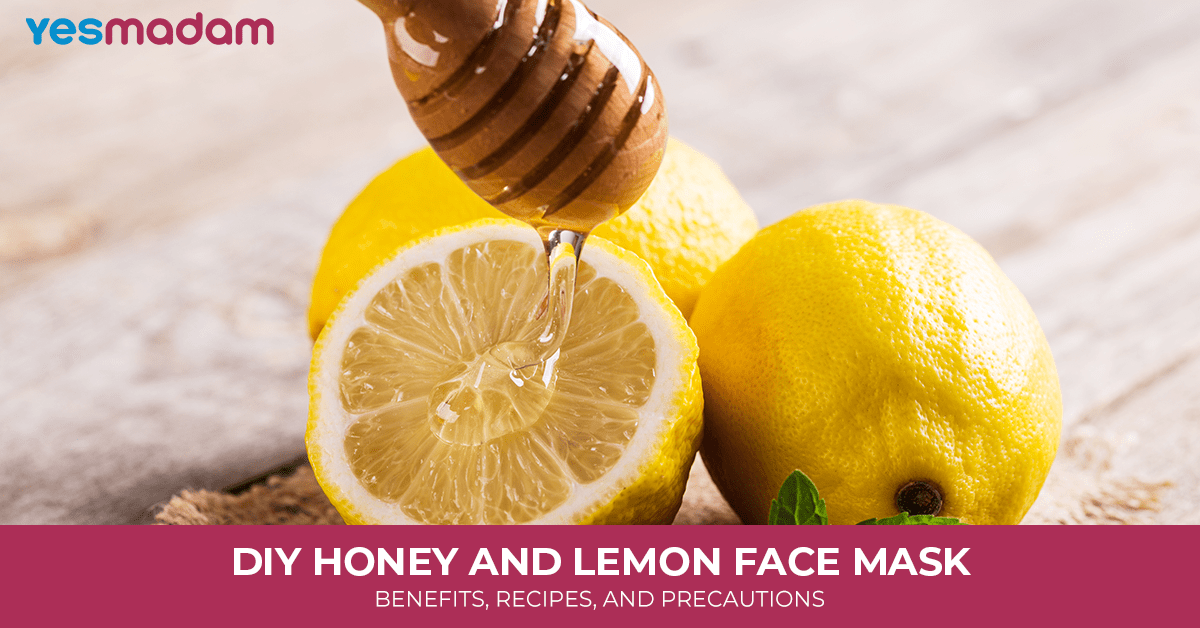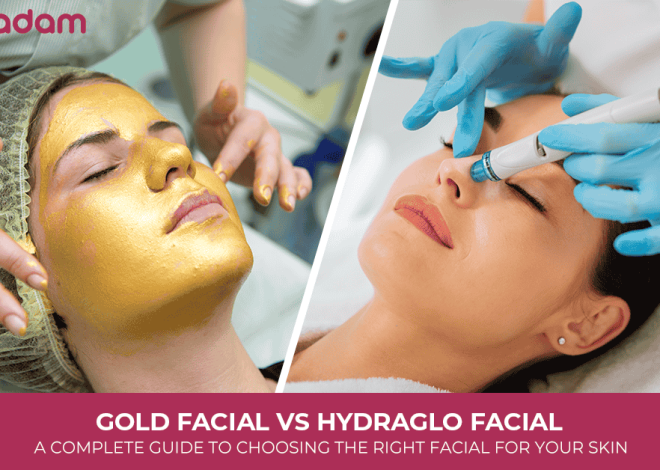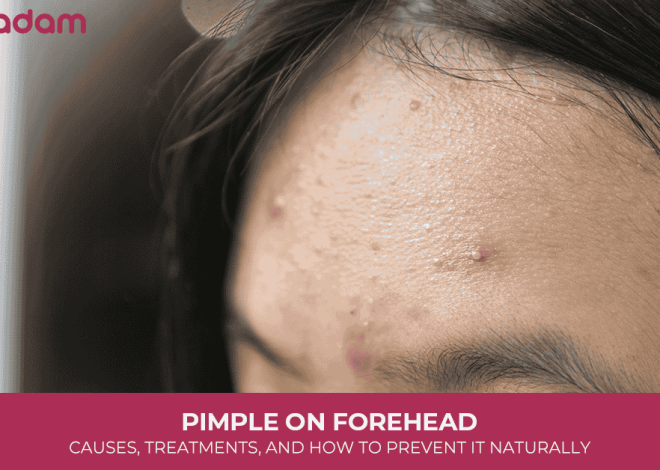
DIY Honey and Lemon Face Mask: Benefits, Recipes, and Precautions
When it comes to skincare, many of us are drawn to cosmetic products that promise flawless skin. But here’s a surprising truth: some of the most powerful beauty ingredients aren’t created in labs. They’re found in nature, often right in your kitchen! Yes, you heard that right. Common kitchen staples like honey and lemon can be highly effective in addressing skin issues. From reducing acne and pigmentation to brightening dull skin, a simple honey and lemon face mask can work wonders if used correctly.
In this blog, you’ll learn why honey and lemon are a skincare powerhouse and tips for using them safely and effectively in your daily routine. Read on to discover how to make the most of this natural skincare remedy and start your journey toward healthy, radiant skin without spending a fortune.
Table of Contents
What is a Honey and Lemon Face Mask?
A honey and lemon face mask is one of the oldest and most trusted natural skincare remedies, celebrated for its effectiveness across generations. Honey is a natural humectant, meaning it draws moisture into the skin and helps maintain hydration, leaving the skin soft, supple, and nourished.
It also possesses powerful antibacterial and anti-inflammatory properties, making it excellent for calming irritated skin and combating acne-causing bacteria. Lemon, rich in vitamin C and citric acid, helps brighten the skin, lighten dark spots, and gently exfoliate dead skin cells.
Together, honey and lemon form a potent duo that not only deeply hydrates and purifies the skin but also helps fade blemishes, reduce pigmentation, and promote a radiant, even-toned complexion.
Top Benefits of Honey and Lemon Face Mask

A honey and lemon face mask is more than just a traditional skincare remedy; it’s a naturally effective treatment that nourishes your skin on multiple levels. Together, honey and lemon create a powerhouse blend that moisturizes, exfoliates, treats acne, brightens the complexion, and even slows down visible signs of aging. With regular use, this simple mask can visibly improve your skin’s texture, tone, and clarity.
Here’s a closer look at the honey lemon face mask benefits
Moisturizing: Honey acts as a natural humectant, which means it draws moisture into the skin and helps retain it. This keeps your skin soft, smooth, and well-hydrated. Lemon juice helps balance the skin’s pH and supports a refreshed, non-greasy finish, preventing that tight, dry feeling.
Exfoliation: Lemon juice contains gentle natural acids that help slough off dead skin cells, revealing a brighter and more radiant layer underneath. This natural exfoliation smooths the skin’s texture without the need for harsh scrubs.
Acne Treatment: Honey has antibacterial and anti-inflammatory properties that soothe irritated skin and fight acne-causing bacteria. Lemon reduces excess oil on the skin’s surface, helping to prevent clogged pores and future breakouts.
Brightening: The citric acid and vitamin C content present in the lemon juice helps lighten dark spots, fade pigmentation, and bring out a more even, glowing complexion. When paired with honey. This keeps skin nourished and protected throughout the process.
Anti-Aging: The antioxidants in honey help fight free radicals, one of the main contributors to fine lines and skin aging. This, combined with lemon’s support for collagen production, can improve skin elasticity and minimize the early signs of aging.
Pore Cleansing: Honey pulls impurities from the skin and helps detoxify pores, while lemon’s natural astringents tighten them. This reduces their appearance and leaves skin looking smoother and more refined.
Scar Lightening: Over time, the mask can help fade old acne marks, dark spots, and blemishes. Honey promotes healing and cell regeneration, while lemon helps lighten pigmentation gradually.
Reduces Inflammation: Both honey and lemon help calm irritated or inflamed skin. This is particularly helpful for people with acne, redness, or sensitive skin conditions like rosacea, as long as lemon is used in moderation and properly diluted.
Even Skin Tone: Consistent use of the honey lemon face mask helps reduce patchiness, discoloration, and uneven skin tone. The brightening and soothing properties of both ingredients support a more balanced and healthy complexion.
Natural Glow: When your skin is exfoliated, hydrated, and nourished, it naturally appears brighter, fresher, and more youthful, without the need for makeup or synthetic treatments.
Honey and Lemon Face Mask: DIY Recipes
Nature offers some of the most effective ingredients for skincare, and the combination of honey and lemon is a timeless favorite. This easy-to-make face mask can help brighten the complexion, combat acne, exfoliate dead skin cells, and provide much-needed moisture, all without harsh chemicals.
Basic Recipe
Ingredients:
- 1 tablespoon raw honey (preferably organic)
- Juice from ½ fresh lemon
Instructions:
- Mix the honey and freshly squeezed lemon juice in a small bowl until well combined.
- Using clean fingers or a brush, apply a thin layer of the mixture evenly over your face, avoiding the eye and mouth areas.
- Leave the mask on for 15–20 minutes.
- Rinse off with warm water, pat dry, and follow up with a gentle moisturizer.
Custom Variations for Different Skin Needs
1. Oily Skin:
Add: 1 teaspoon of aloe vera gel
Aloe vera soothes the skin, reduces excess oil, and enhances the antibacterial benefits of the mask.
2. Acne-Prone Skin:
Add: A pinch of baking soda
Baking soda has exfoliating and antibacterial properties, helping unclog pores and reduce breakouts. Use with caution—avoid if your skin is already inflamed.
3. Sensitive Skin:
Adjust: Use only a few drops of lemon juice, or substitute half with brewed green tea or a few drops of almond oil
These adjustments help tone down the acidity of lemon while still delivering antioxidants and moisture.
4. Exfoliation:
Add: 1 teaspoon of finely ground oatmeal
Oatmeal acts as a gentle physical exfoliant, removing dead skin cells and calming irritation.
5. Evening Skin Tone:
Add: A pinch of turmeric + 1 teaspoon of plain yogurt
Turmeric reduces hyperpigmentation, while yogurt contains lactic acid to brighten and soften skin.
6. Extra Moisture:
Add: 1 teaspoon each of milk and yogurt
These ingredients boost hydration and supply mild exfoliating acids, leaving your skin soft and plump.
Safety Tips for Using a Honey and Lemon Face Mask

While honey lemon mask can be great fit for your skin’s need, it’s important to use it safely. Lemon is strong and can irritate sensitive skin or cause sun reactions. Follow these tips to get the best results while keeping your skin protected.
1. Always Do a Patch Test First
- Why it matters: Lemon and honey are natural, but that doesn’t mean they work for everyone.
- What to do: Apply a small amount of the mask to your inner arm. Wait 15–20 minutes to see if there’s any itching, redness, or irritation.
- Good to know: This is especially important if you have sensitive skin or allergies.
2. Be Careful with Sun Exposure
- Lemon and sunlight don’t mix. It can make your skin more sensitive to UV rays and cause sunburn or a skin reaction called phytophotodermatitis.
- What to do: Use the mask at night or when you’re staying indoors.
If you go outside after using it, wear sunscreen (SPF 30 or higher) and avoid long sun exposure.
3. Use Fresh, High-Quality Ingredients
- Honey: Choose raw, unpasteurized honey for the most skin benefits.
- Lemon juice: Always use fresh lemon juice—avoid bottled or concentrated versions.
4. Avoid Delicate or Broken Skin
- Don’t apply near your eyes—lemon can sting.
- Avoid using the mask on cuts, acne wounds, or irritated skin.
5. Use in Moderation
- Limit to 1–2 times per week. More than that can dry out or irritate your skin.
- If your skin is sensitive, use less lemon or mix in extra soothing ingredients like yogurt or water to dilute the acidity.
6. Watch Out for Allergies
- Citrus allergy? Skip the lemon.
- Allergic to bee products? Avoid honey.
- Signs of an allergic reaction include redness, itching, swelling, hives, or rash. Stop use immediately if any occur.
7. Moisturize After Using the Mask
- After rinsing off the mask, splash your face with cool water.
- Wait 30–60 minutes, then apply a gentle, hydrating moisturizer to lock in hydration and calm the skin.
Conclusion
A honey and lemon face mask is a powerful, natural skincare solution that nourishes, brightens, and revitalizes your skin, without affecting your pocket. With just two simple ingredients, you can combat acne, even out skin tone, and achieve a radiant glow. However, using it safely is key: always patch test, avoid sun exposure after use, and choose fresh, high-quality ingredients. By applying it correctly and consistently, this age-old remedy can become a trusted part of your beauty routine for healthy, glowing skin.
FAQs
1. Can I use a honey and lemon face mask every day?
No, it’s best to use the mask 1–2 times per week. Daily use may irritate or dry out your skin due to the acidity of lemon.
2. Is a honey and lemon face mask good for acne?
Yes. Honey has antibacterial and anti-inflammatory properties, while lemon helps reduce excess oil and unclog pores, making the mask effective for mild acne.
3. Will a honey and lemon mask lighten dark spots or pigmentation?
Yes, the vitamin C in lemon helps fade dark spots, and honey supports skin healing. Regular use can improve uneven skin tone over time.
4. Can I leave the mask on overnight?
No. Lemon is acidic and should not remain on the skin for more than 15–20 minutes. Leaving it overnight may cause irritation or even a burn-like reaction.
5. Is it safe to use the mask on sensitive skin?
With caution. Dilute the lemon juice or mix in calming ingredients like yogurt or aloe vera. Always perform a patch test first.
6. What kind of honey should I use for the mask?
Use raw, organic, unpasteurized honey. It retains the most nutrients and antibacterial properties compared to processed honey.
7. Can I use bottled lemon juice instead of fresh lemon?
Fresh lemon juice is best. Bottled lemon juice often contains preservatives and lacks the same potency and skin benefits.
8. Should I apply a moisturizer after using the mask?
Yes. After rinsing, apply a gentle, hydrating moisturizer to replenish and protect your skin barrier.
9. Can the mask help with oily skin?
Yes. Lemon helps control oil production, and adding ingredients like aloe vera can enhance its effectiveness for oily or combination skin types.
10. Are there any side effects of using a honey and lemon face mask?
Potential side effects include redness, stinging, or allergic reactions, especially with sensitive or broken skin. Always patch test and avoid sun exposure after use.
11. Can I use honey and lemon mask for acne?
Yes, a honey and lemon face mask can be beneficial for acne-prone skin when used correctly and in moderation.



